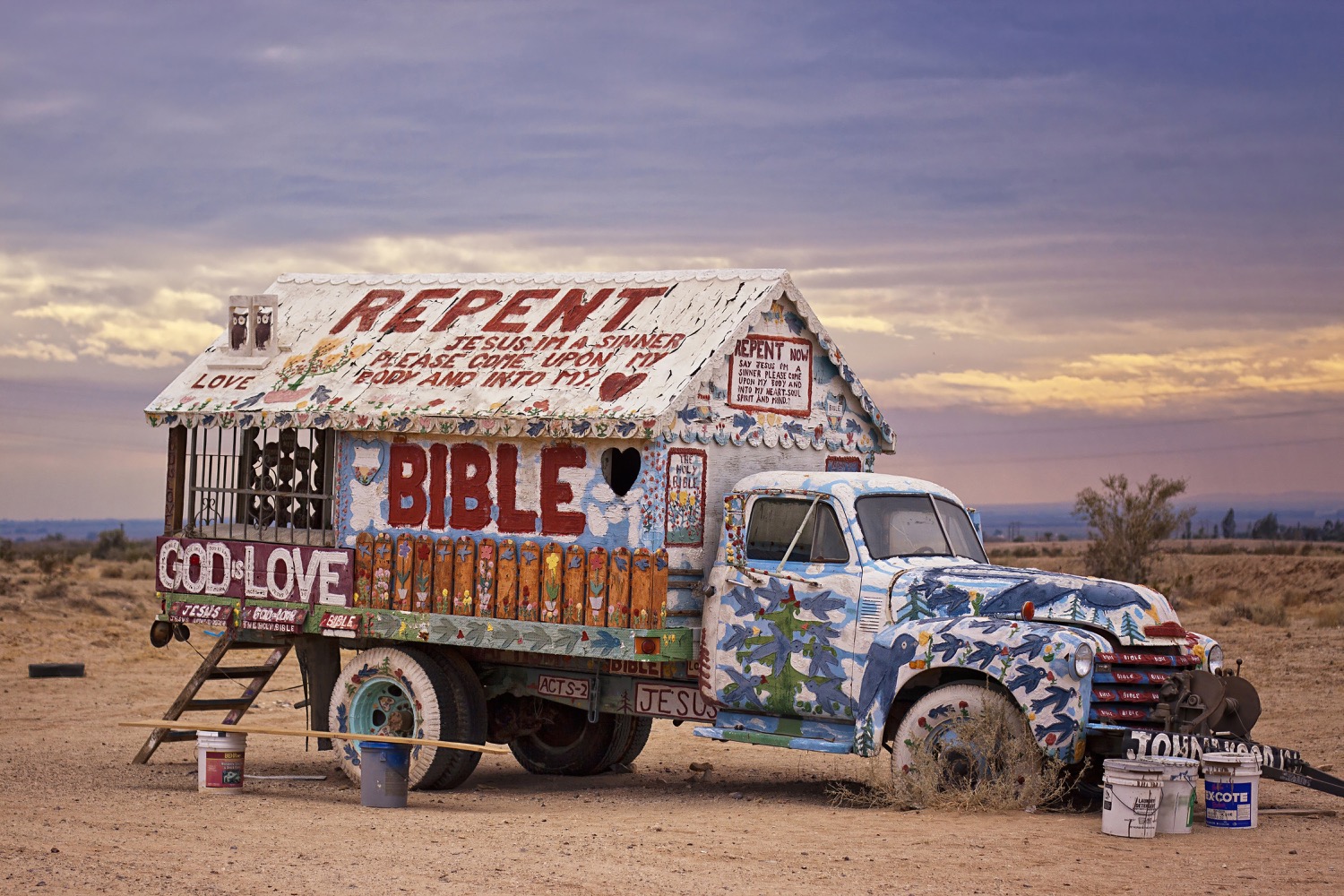
The skull from Tamil Nadu
Federico Borella
Federico Borella was named Photographer of the Year 2019 with his project Five Degrees
Artdoc

At the 2019 Sony World Photography Awards, the Italian photographer Federico Borella not only won the award for the best documentary series, but was also named Photographer of the Year. However, his winning series Five Degrees is somewhat less cheerful than the prize. The photographs tell of the tragic wave of suicide of Indian farmers as a result of the prolonged drought—the bitter toll of climate change.

The title Five Degrees refers to the prediction that by 2050 the temperature in India will be five degrees higher, with disastrous consequences for agriculture. As a result of this climate change, there has been a wave of suicides by Indian farmers who no longer can make a living from their drought-stricken farmland.
Federico Borella discovered this topic during an earlier project. "I had been to India before, for my project on the victims of the acid attacks. During one of my stays, I read about the suicides of farmers in Tamil Nadu. Upon returning home to Italy, I completed an online query and found a PhD study at the University of Berkeley. It states that more than 59,000 farmers have committed suicide in the last 30 years.” Borella chose the Tamil Nadu province because suicides were unusually high there. "If you look at the northern provinces of Maharashtra, for example, there are traditionally many more suicides due to poverty.”
Payment Failed

Shame culture
Suicides in Japan and Korea are known as a result of the culture of shame. Even though suicide is less common in India, shame does play a role here. Borella: "Rani, the woman I interviewed, was married to a man called Radhakrishna. He ended his life by drinking pesticides in front of the bank where he had a loan. The manager of the bank had visited him at his home a few weeks before. He told him that his children were well-dressed and that, in other words, he should have enough money to pay back the loan. This humiliation was the reason behind his suicide. So obviously, shame and disgrace played the final role here."

There is a graph of the suicides compared to the temperature in India.
Drought
The origin of the issue, of course, is not shame but the poor economy. "The prices of agricultural products, such as sugar cane and rice, have been frozen by the state since the 1960s, while the cost of living has risen enormously. So, farmers are not getting the market price for their products, but a low state-driven price, despite agriculture making up almost half of India's economy.”
In the end, drought, as a result of climate change, has created poverty. How dry was the area, which has a wet monsoon every year? "The eastern monsoon arrives there between October and November; the western monsoon begins in July. But in 2016, it was not raining enough, and there is no system for water resources in the form of water towers. There is a graph of the suicides compared to the temperature in India, which shows that if the temperature increases, the number of suicides also increases.”

Still life
Federico Borella used a common approach used within documentary photography, by using different genres in his series: reportage, portrait, landscape and still life. "In my last series, I have always used still life to show the rhythm and sequence of the series, because it helps me build a bridge between one image and another.”
I use beauty to draw the viewer into the story.
Borella does not shy away from the aesthetics of the image. "I use beauty to draw the viewer into the story. I feel a great responsibility as a photojournalist. As photographers, we have to make people aware of the problems in the world. Our golden coin is the beauty with which we can reach as many people as possible. I firmly believe in the form of aesthetic photojournalism."
One photo taken with a drone shows the dry, almost white earth, and serves as a factual depiction of the environmental tragedy. But one of the most heartbreaking still lifes is of the shovel that belonged to Selvarasy, a deceased farmer. Another still life is the iconic photo showing the skull of a farmer who committed suicide. "The story behind it may be even stranger. The skull was used during a demonstration of farmers in New Delhi, where farmers demonstrated to get compensation from the state. The farmers travelled with the skull from Tamil Nadu to Delhi. They brought several skulls and bones with them as evidence. It is a strong symbol within this story. It was a powerful way for me to show death in the story."

Another picture shows a framed photograph hung in the home of the farmer Selvarasy, who hung himself in his field. "He left behind his wife and three sons, who now live in poverty. I also portrayed his wife. She has a stall on the street where she sells food."

A reportage photo shows children playing in a small ditch of what should have been a swirling river. "The bed of the Kavery River is completely dry. Here, the children swim in black water with a lot of pollution from the city. It is actually a sewer in which they swim."

Absence
One portrait shows a stern looking farmer photographed against a white wall. Borella: "This is the portrait of Karpule, a farmer who can no longer earn money as a farmer and now works in construction in the town. That is another part of the story. Many farmers who can no longer generate money switch to other occupations. Karpule now earns about € 5 a day as a worker.”
I tried to visualise the absence of the deceased farmers through various metaphors.
In a photo series focused around such a serious subject, it is soothing that the death in the photographs plays an integral part of the story, without being shown overly sentimentally or tragically. Federico Borella skilfully avoided exploiting this tragedy. "I tried to visualise the absence of the deceased farmers through various metaphors, without taking a sensational photograph of an actual suicide or the dramatic cremation afterwards. It was also practically impossible to photograph the direct consequences of suicide. All the suicides I followed took place in 2017, which was a year before I made this series"

Federico Borella started his career as a press photographer in his hometown of Bologna. He studied archaeology, specialising in Mesoamerican culture. After obtaining his degree, he discovered that it was impossible to work as an archaeologist. He then received a master's degree in photojournalism at John Kaverdash Academy in Milan. His first series focused on the Crystal Meth addiction in the United States. He has been inspired by Darcy Padilla, especially the book Family Love. Borella currently works as a local photojournalist in Bologna. He is also a contributing photographer for the International photojournalism agency Parallelozero.
Federico Borella is Photographer of the year 2019 at Sony Awards 2019.
https://www.federicoborella.com
.svg)
.svg)
.svg)







